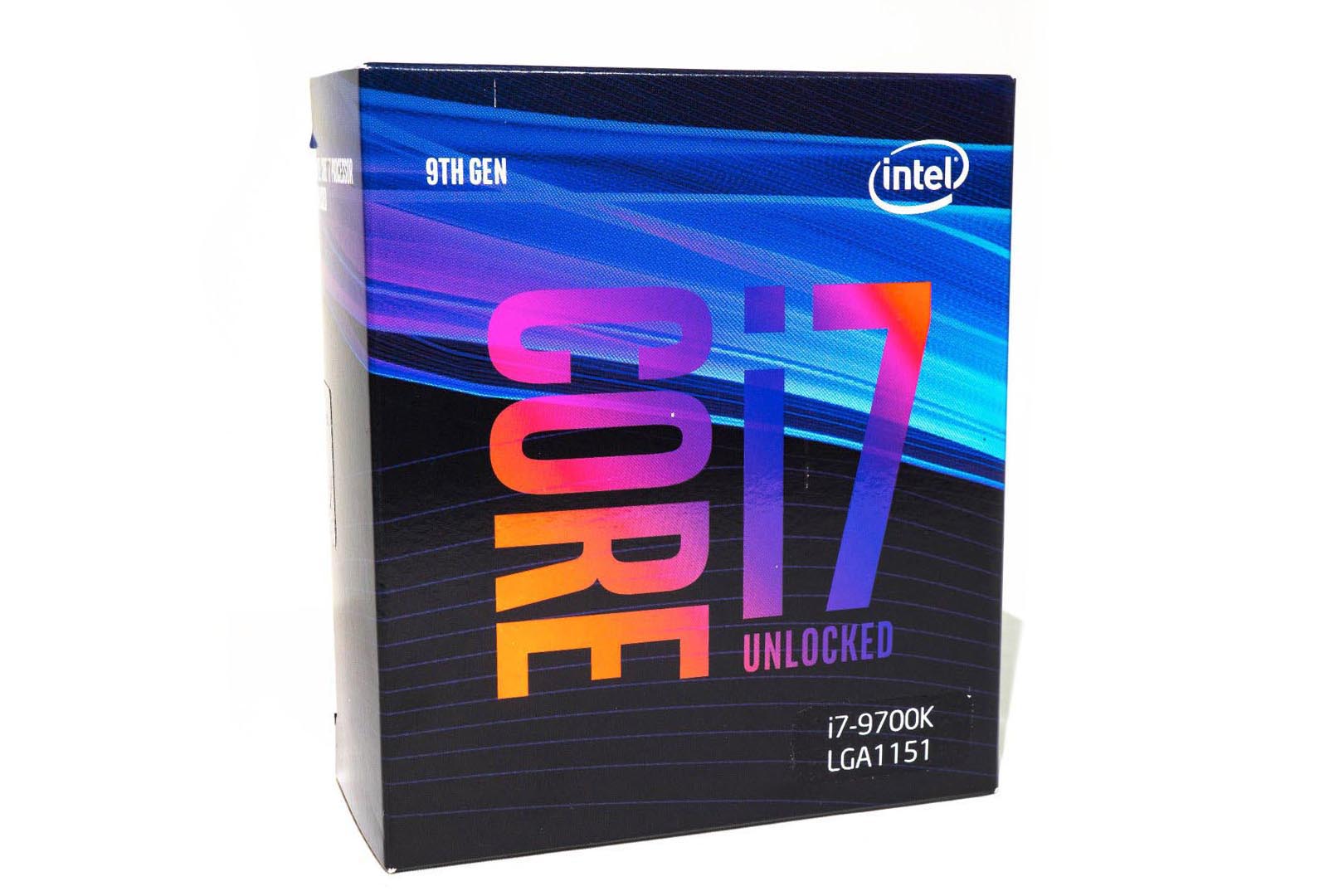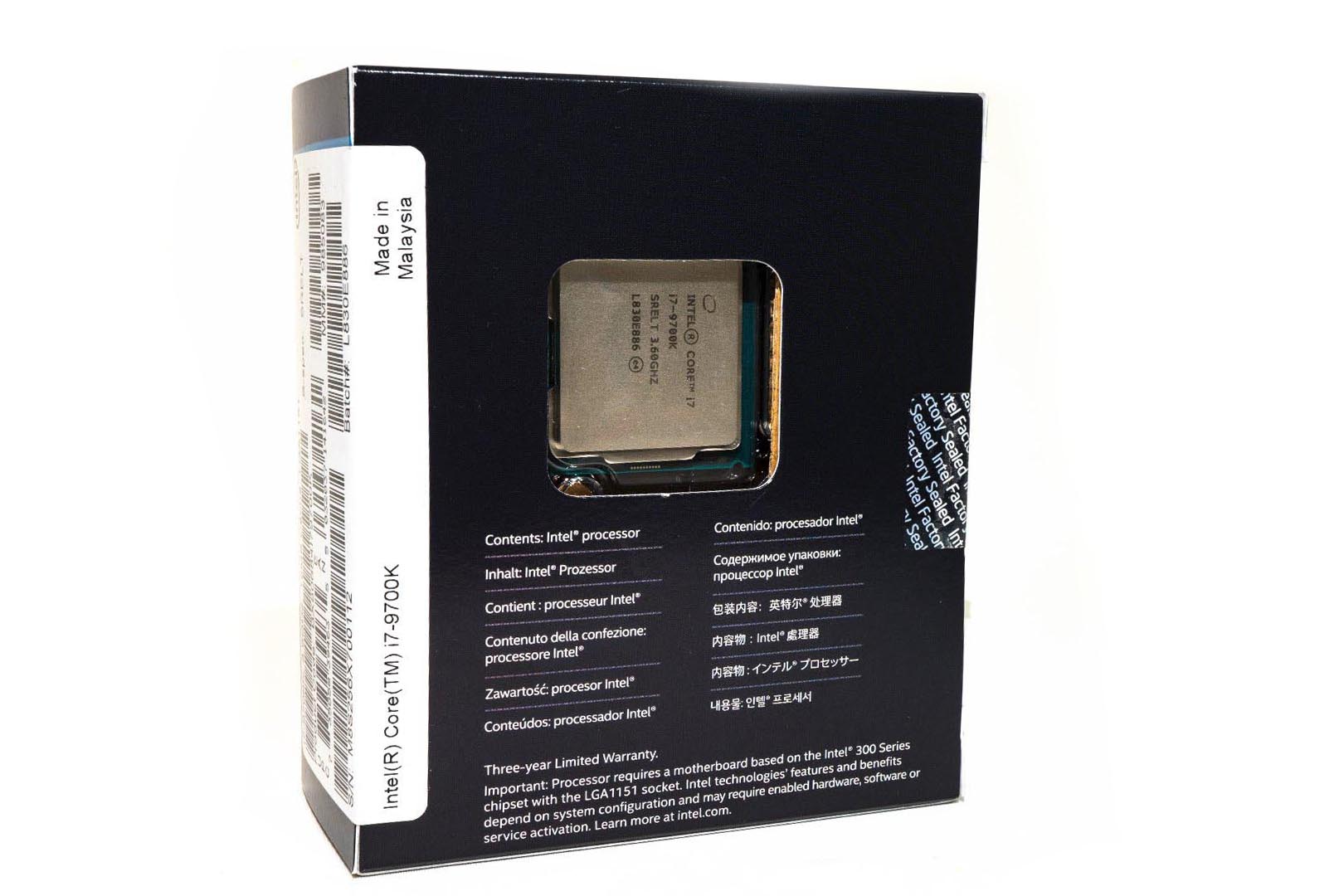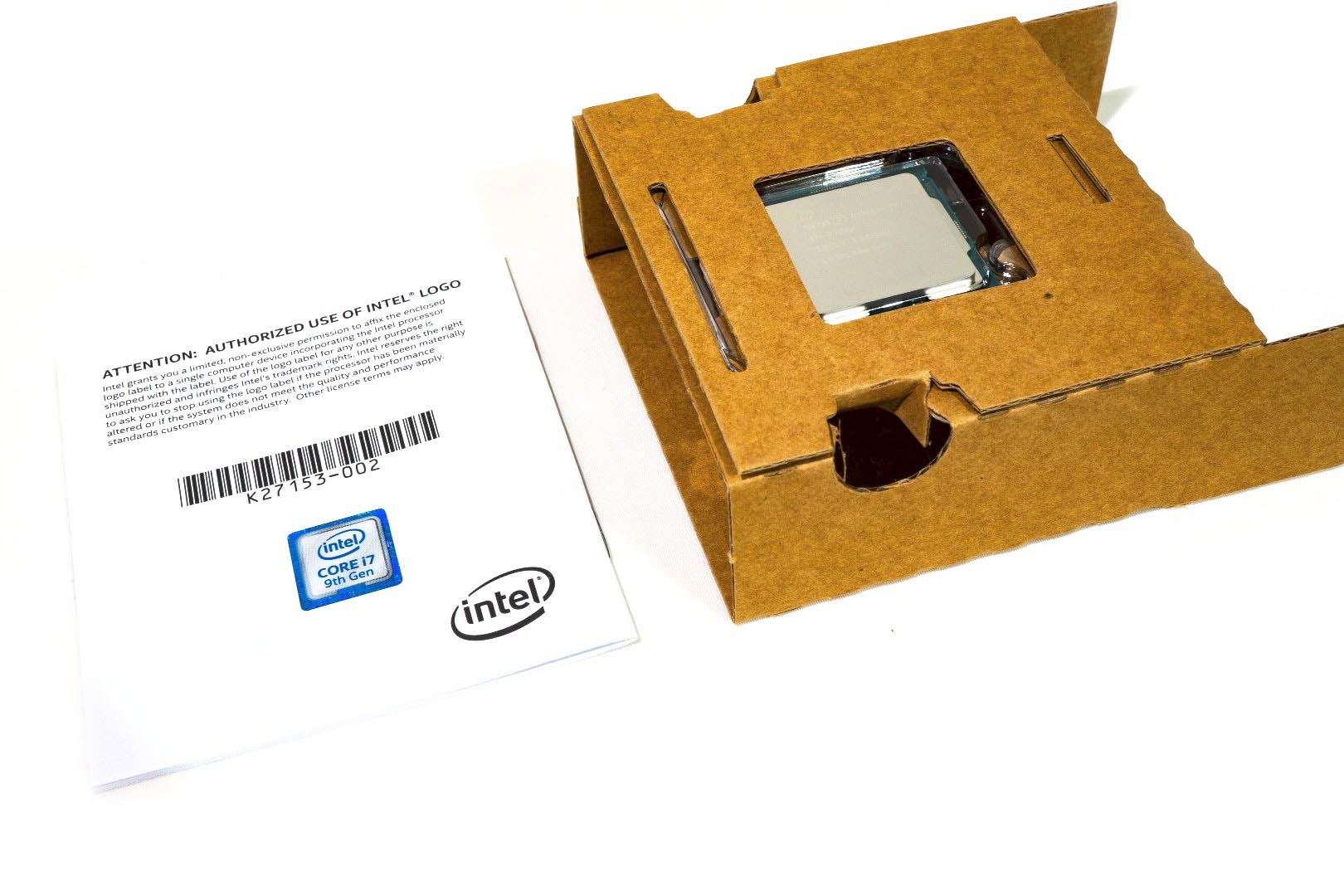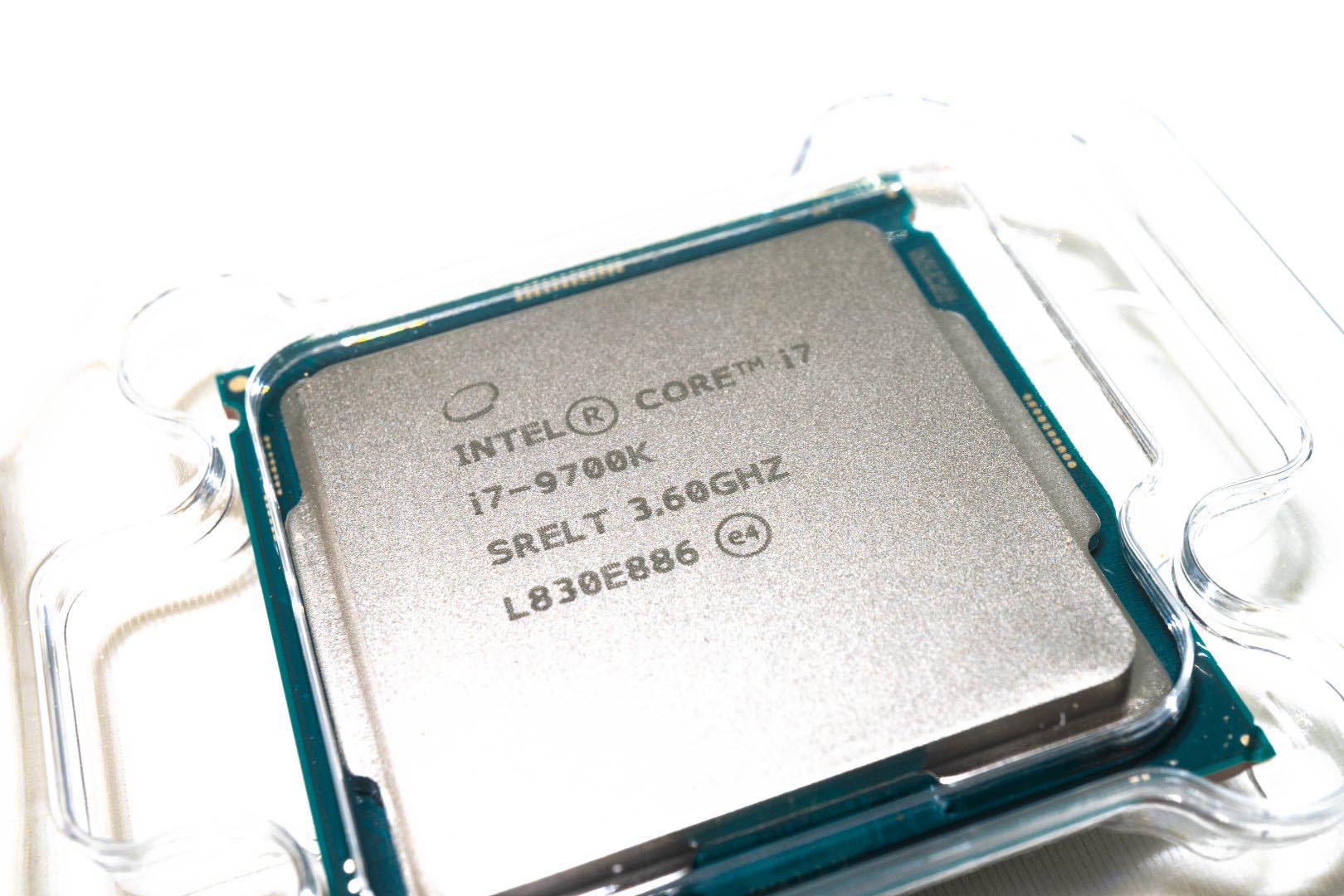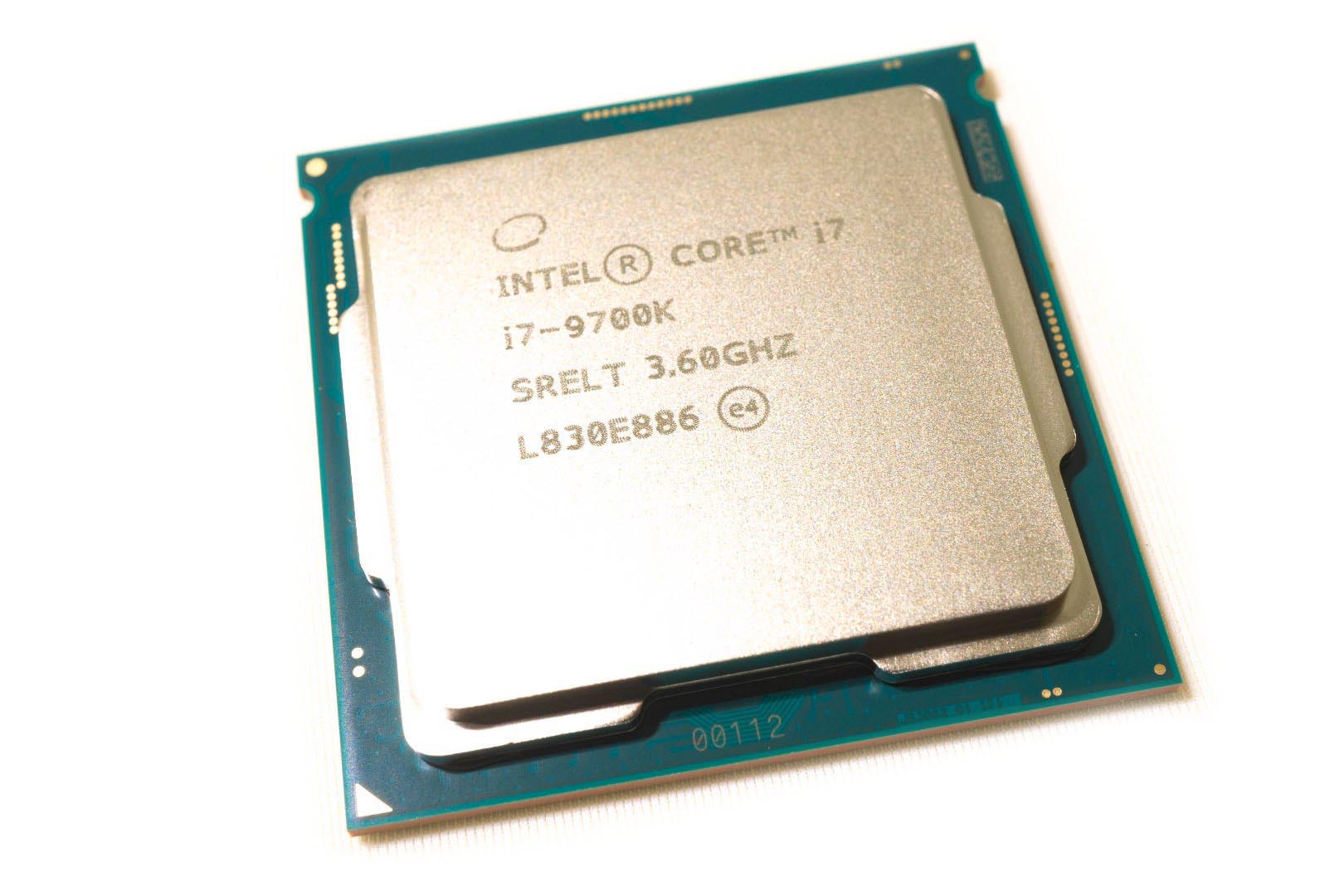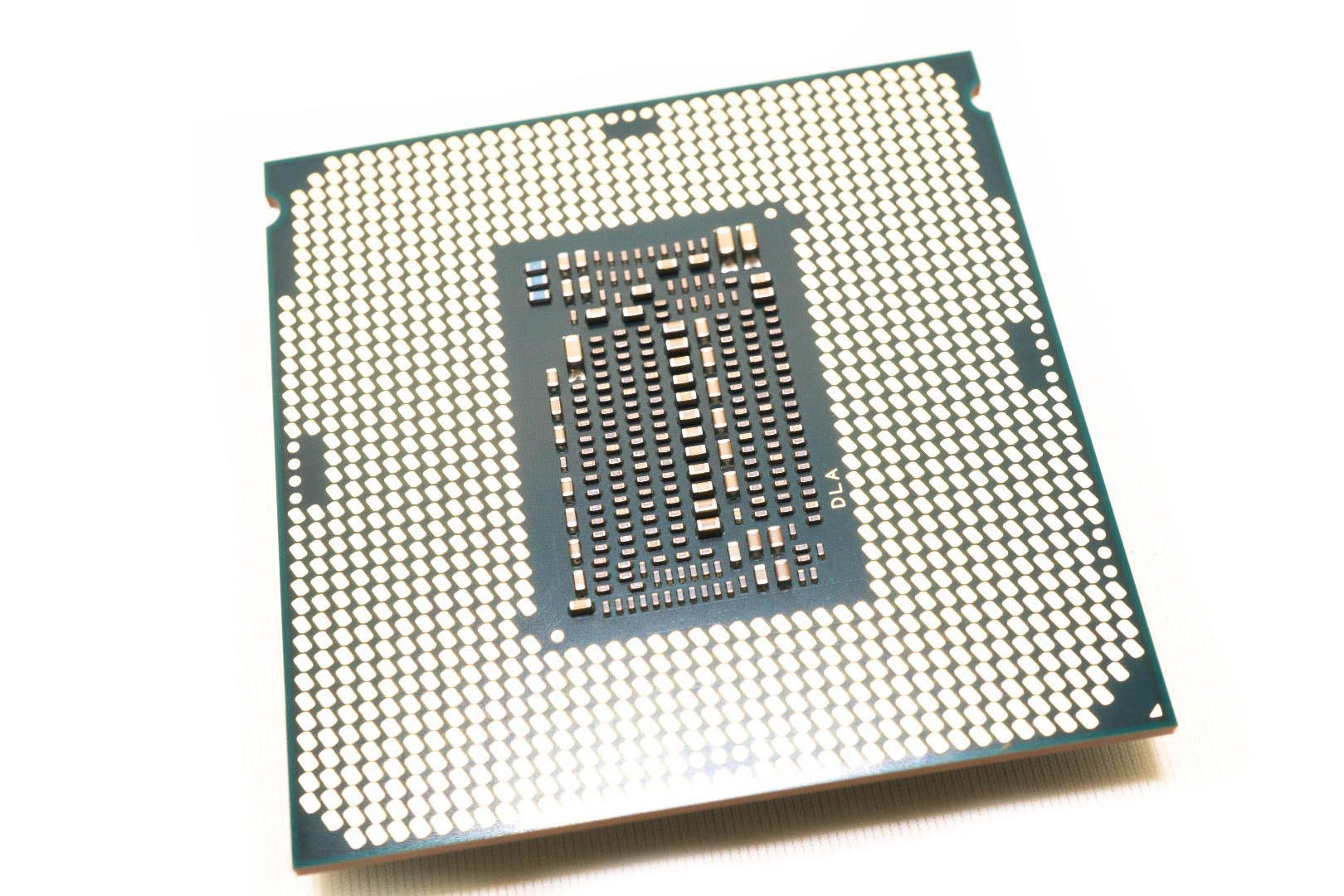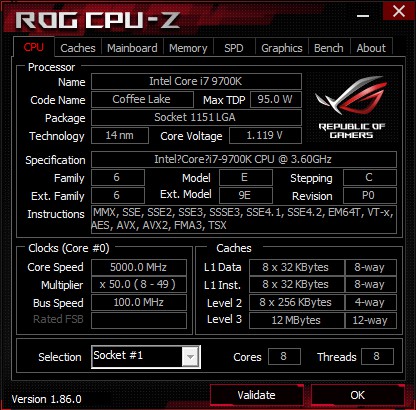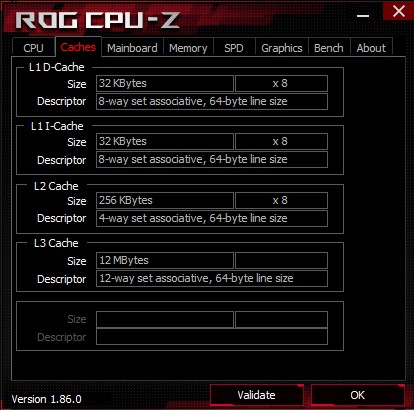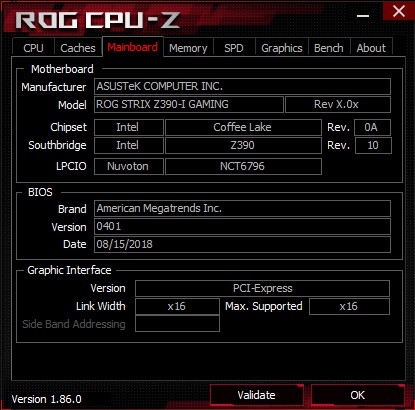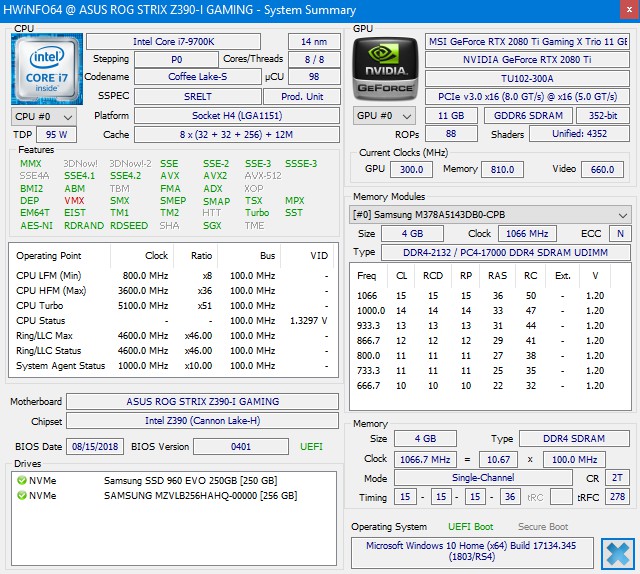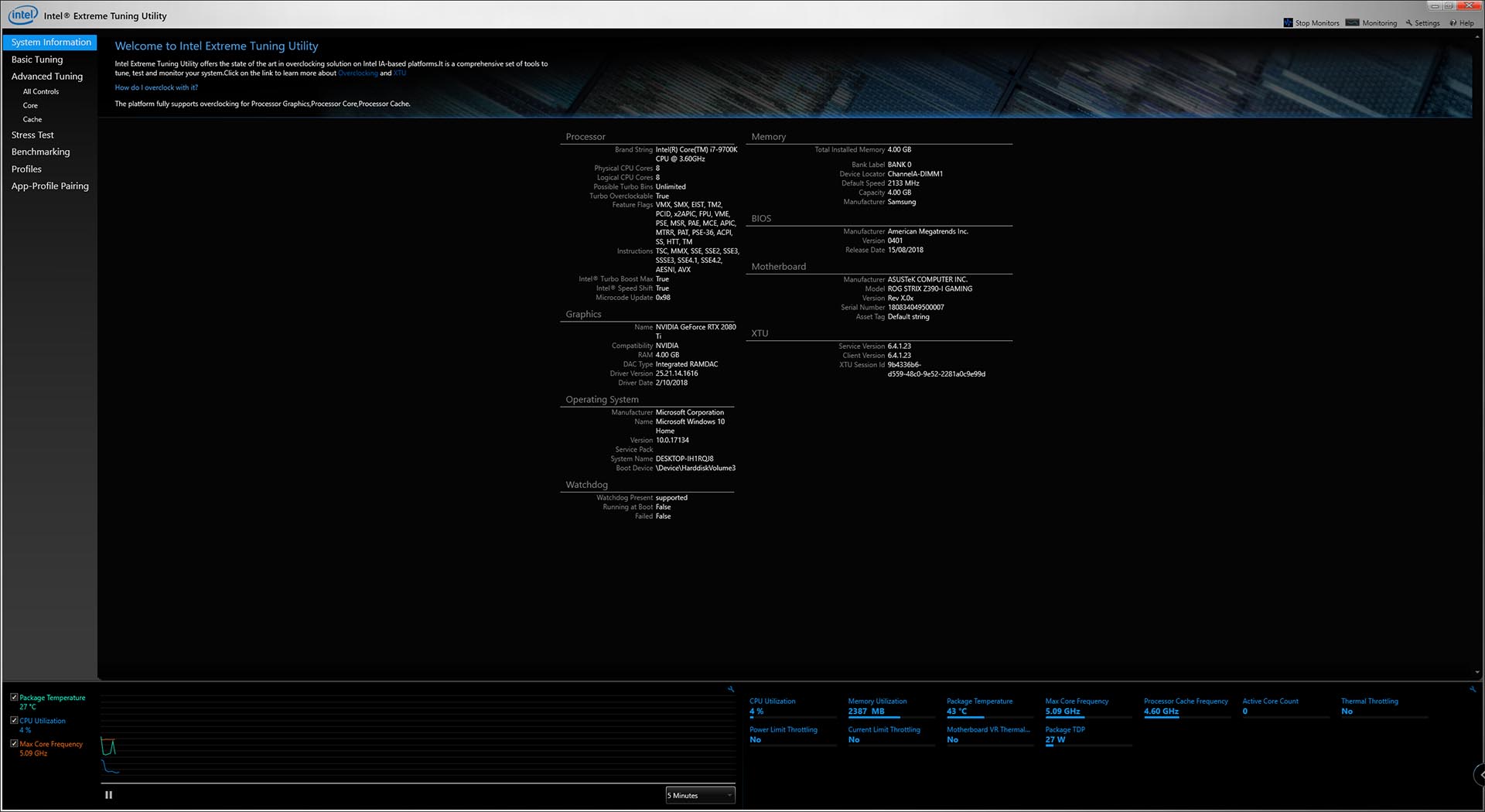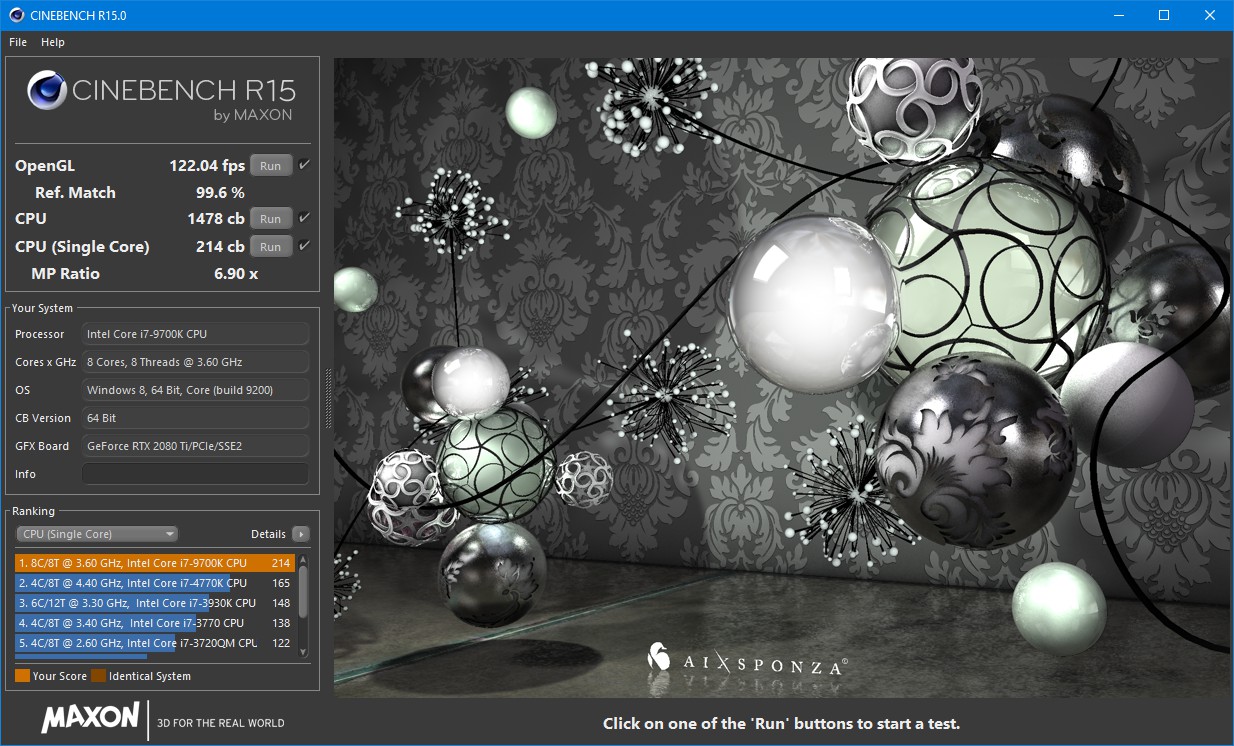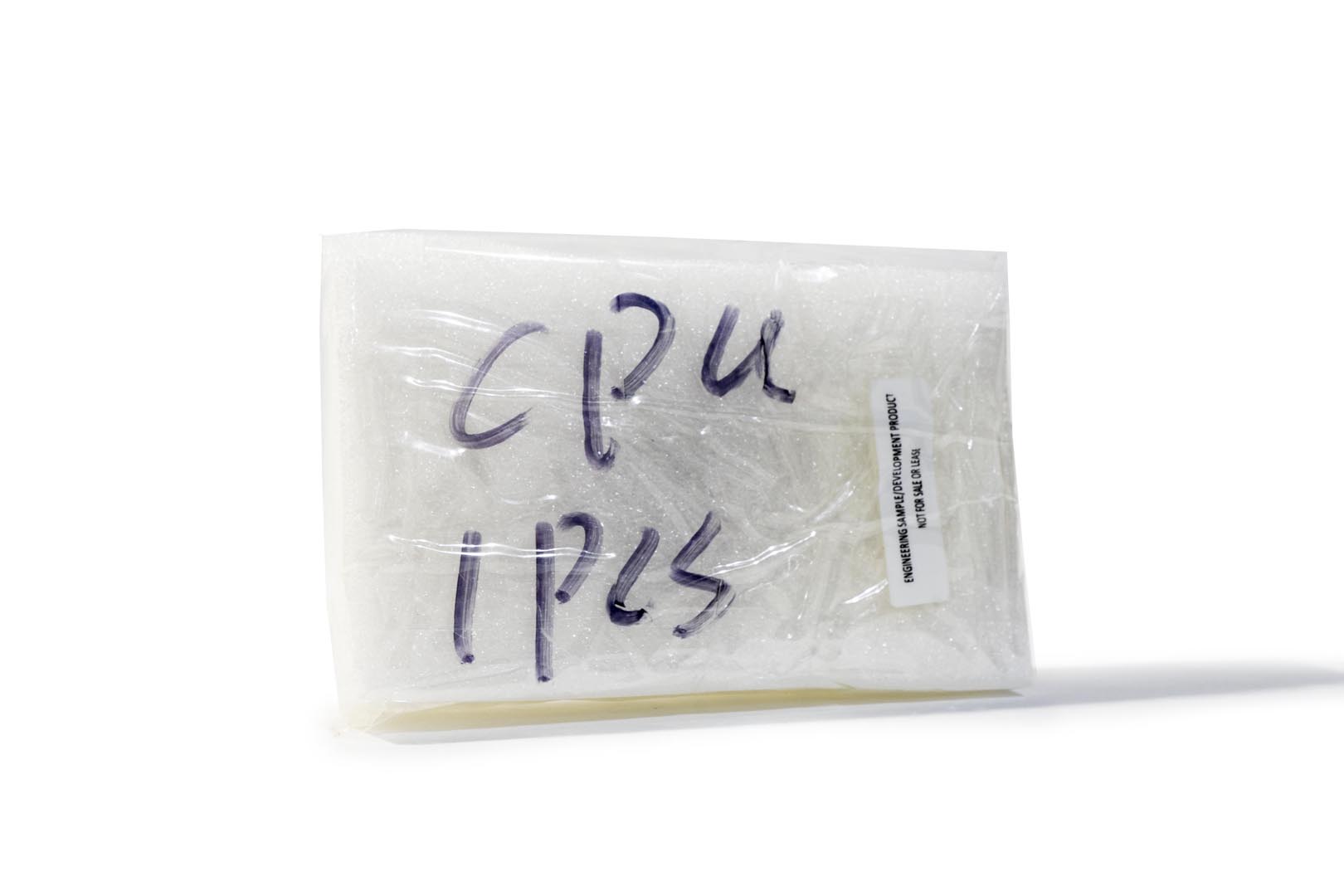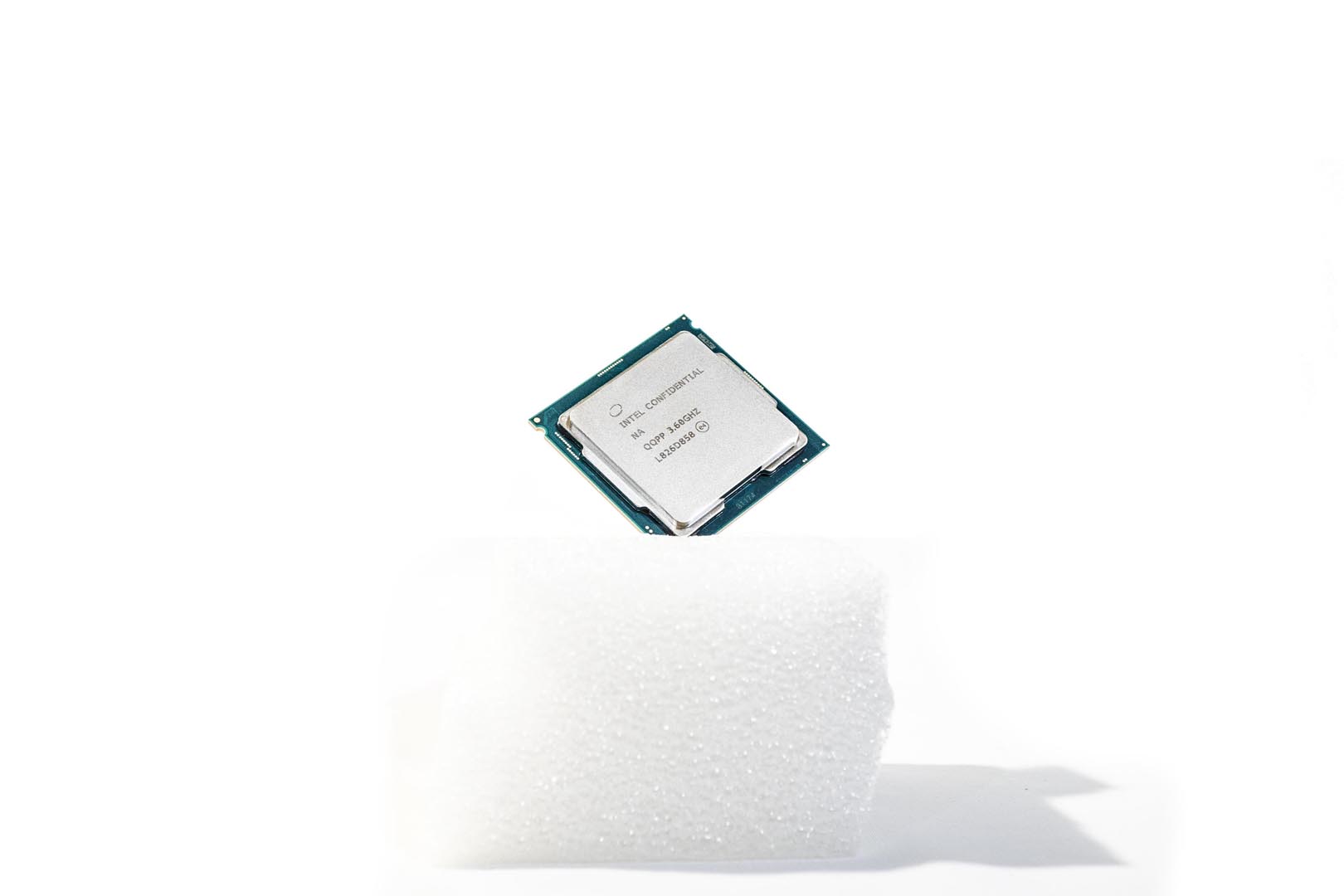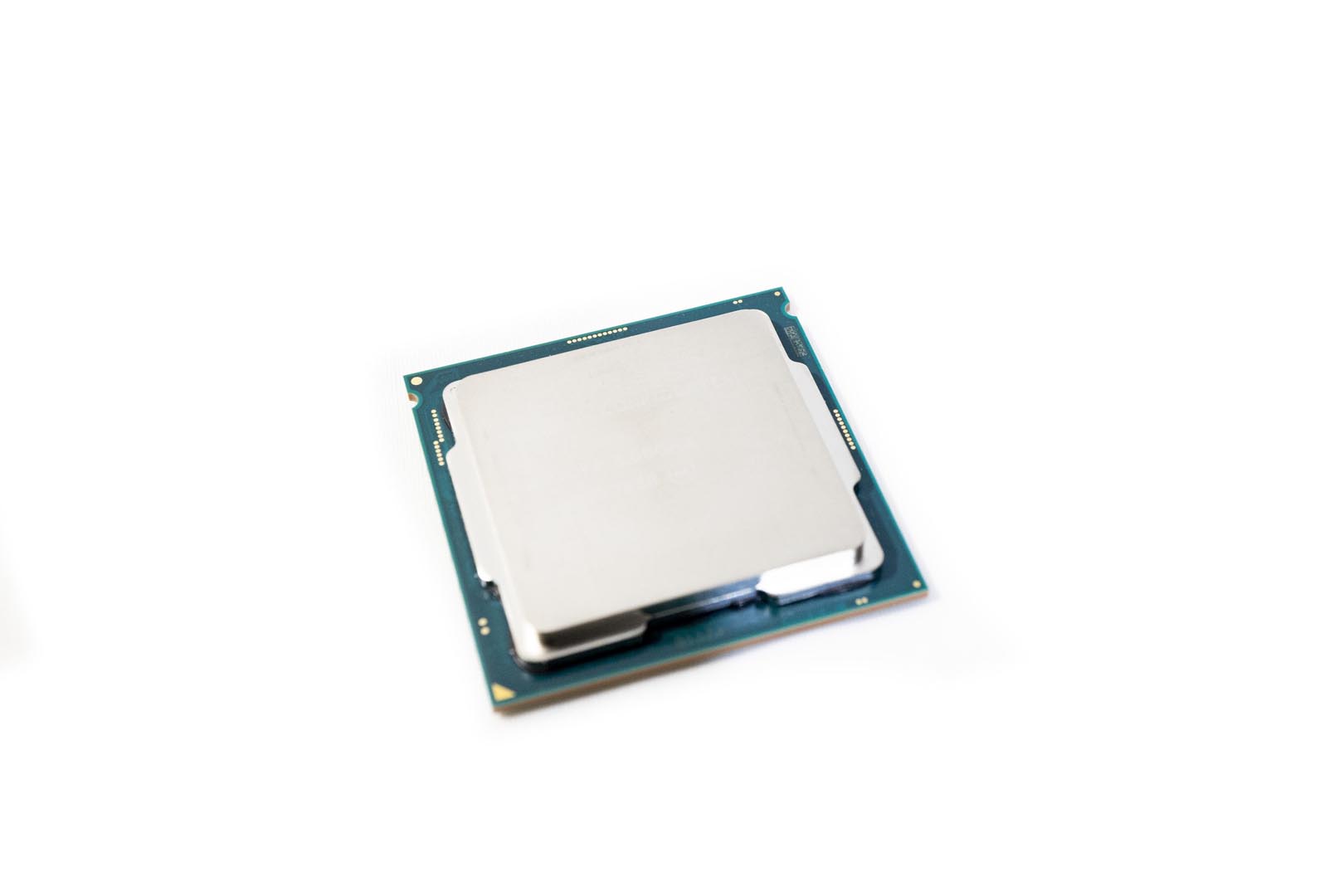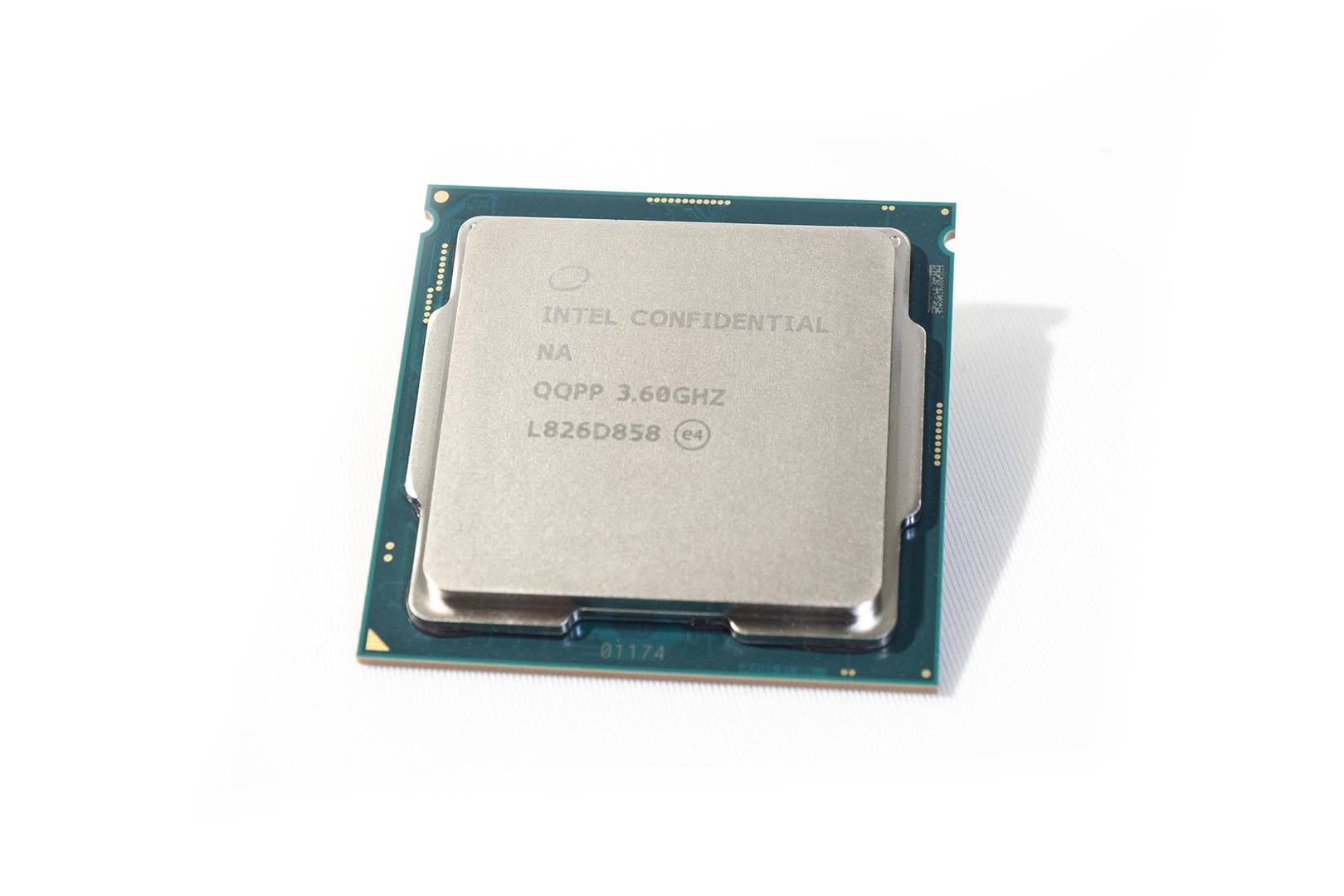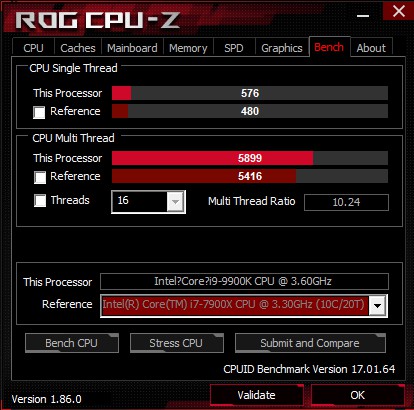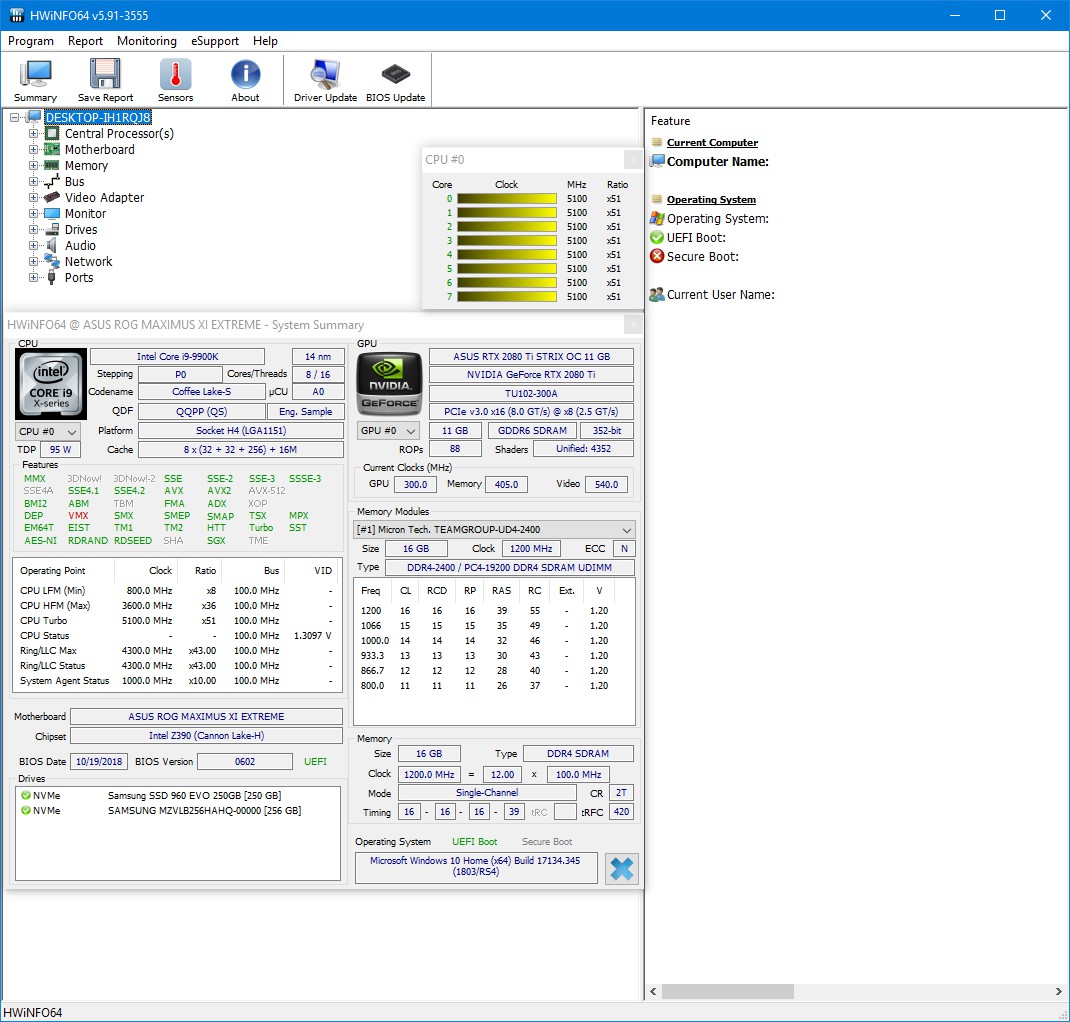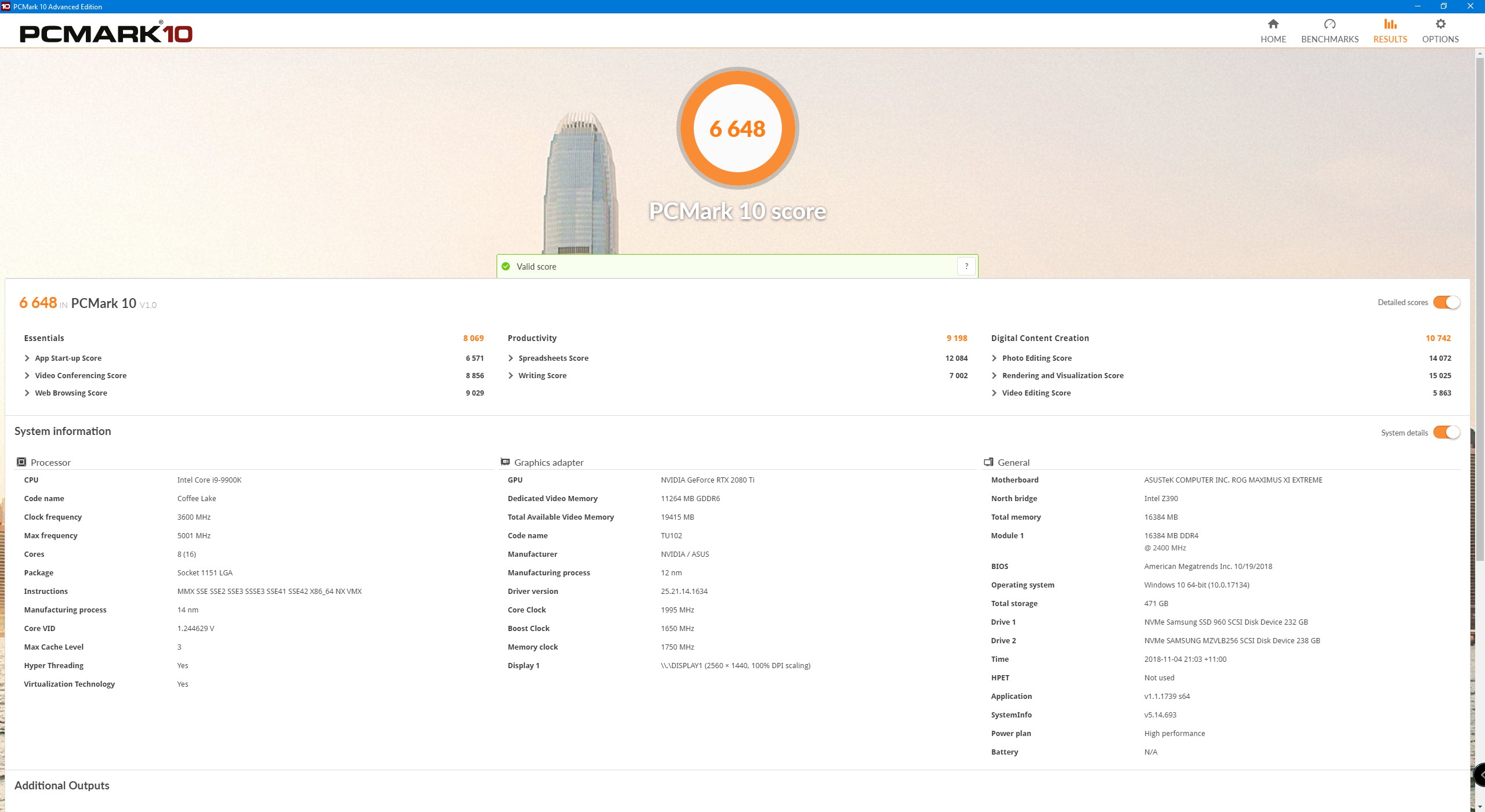Intel held a new autumn product launch conference in New York, USA, and officially launched the ninth-generation Core family. The first batch included three K-series processors which are supported by the Z390 chipset, which has drastic improvements over the eight generation cores. The 9th generation Core is manufactured in 14nm++ technology and L3 cache up to 16MB. It is the first time that a chip manufacturer has made 5GHz achievable without serious overclocking. The i7-8086K and even earlier AMD FX-9590 can accelerate to 5GHz as well, but they are all special limited editions. Intel has also utilising advanced soldering thermal interface material (Solder TIM) in all K series for overlockers, which will greatly improve the thermal conductivity and reduce the internal temperature of the CPUs.

The Z390 chipset has only been slightly tweaked, now including native support for USB 3.1 Gen.2, increasing the bandwidth up to 10Gbps max, and support for 802.11ac Wi-Fi. With the Intel Wireless-AC 9560 NIC and the corresponding front-end design of the motherboard, a Gigabit wireless network can be achieved, although, it might not be possible on the NBN.
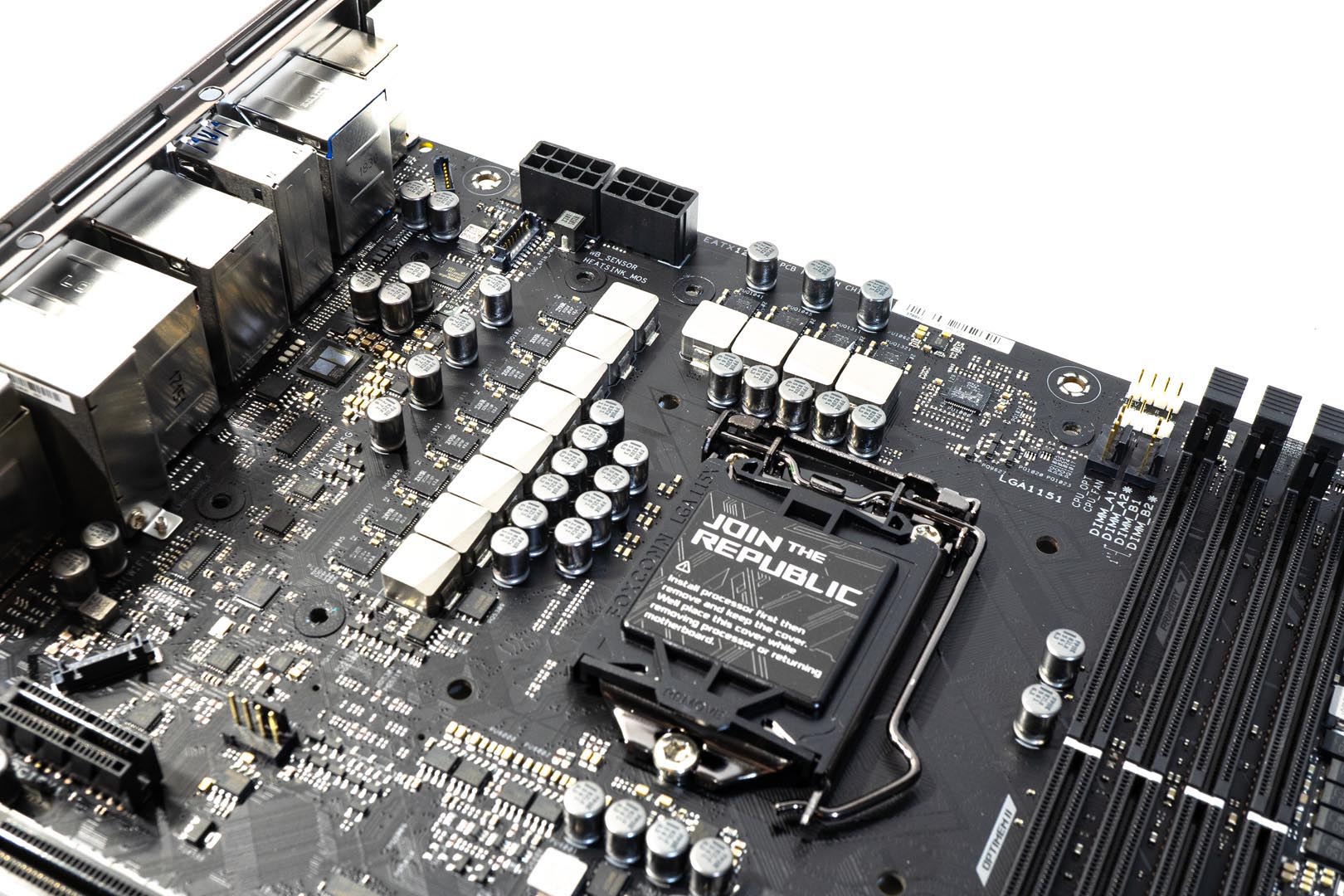
The chipset interface is still the LGA1151, the 9th generation Core is still compatible with the existing 300 series chipset, which including the Z370, B360, H310, etc., while the Z390 motherboard can also support the 8th generation Core series.
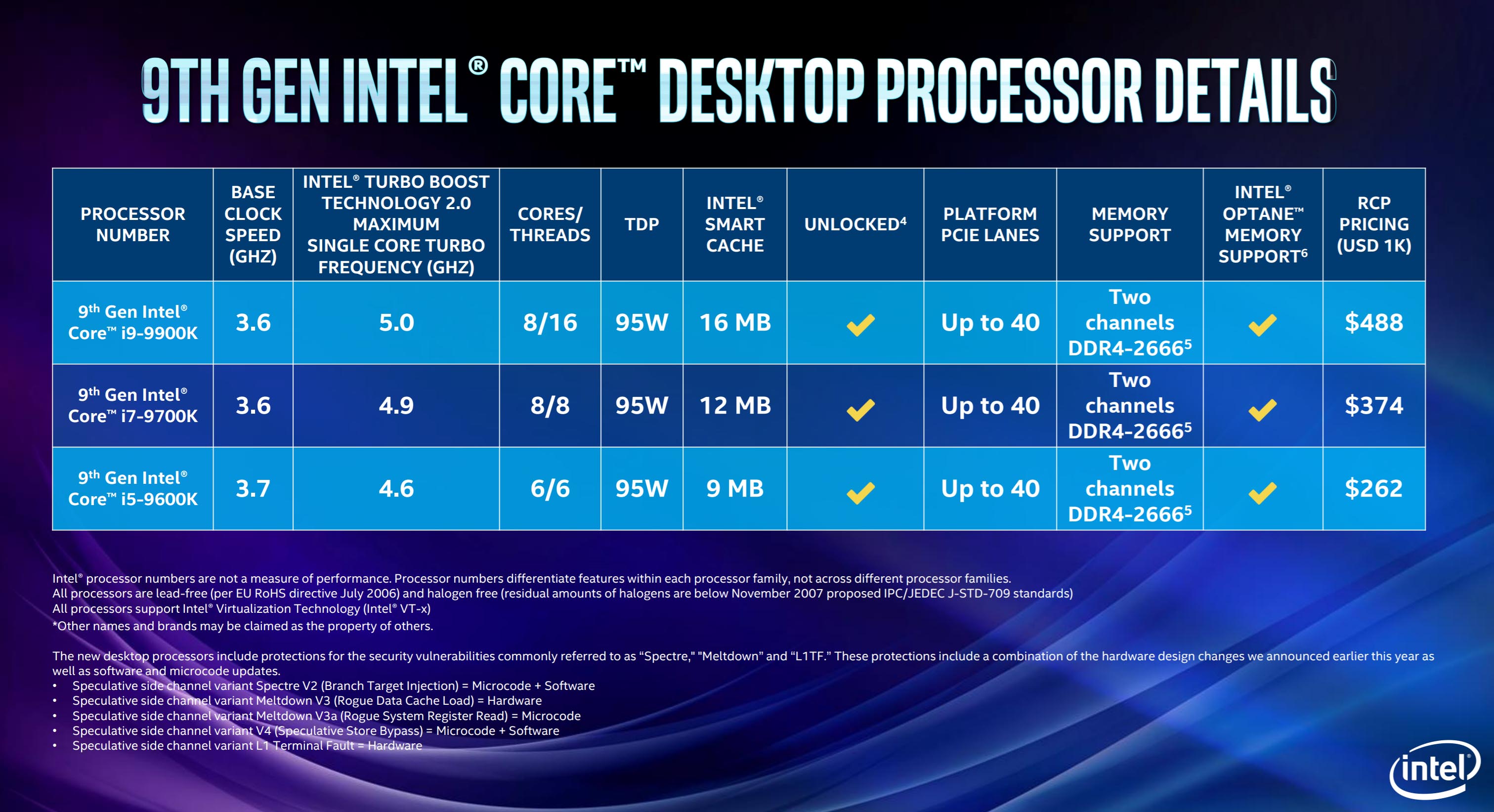
Intel 9th Generation Core Family CPU Official Specifications:
| Processor Name | Process | Cores / Threads | Base Clock | Boost Clock | Cache | TDP |
|---|---|---|---|---|---|---|
| Core i9-9900K | 14nm++ | 8 / 16 | 3.6 GHz | 5.0 GHz (1/2 Core) 4.8 GHz (4 Core) 4.7 GHz (6/8 Core) |
16 MB | 95W |
| Core i7-9700K | 14nm++ | 8 / 8 | 3.6 GHz | 4.9 GHz (1 Core) 4.8 GHz (2 Core) 4.7 GHz (4 Core) 4.6 GHz (6/8 Core) |
12 MB | 95W |
| Core i5-9600K | 14nm++ | 6 / 6 | 3.7 GHz | 4.6 GHz (1 Core) 4.5 GHz (2 Core) 4.4 GHz (4 Core) 4.3 GHz (6 Core) |
9 MB | 95W |
| Core i5-9600 | 14nm++ | 6 / 6 | 3.1 GHz | 4.5 GHz | 9 MB | 65W |
| Core i5-9500 | 14nm++ | 6 / 6 | 3.0 GHz | 4.3 GHz | 9 MB | 65W |
| Core i5-9400 | 14nm++ | 6 / 6 | 2.9 GHz | 4.1 GHz | 9 MB | 65W |
| Core i5-9400T | 14nm++ | 6 / 6 | 1.8 GHz | 3.4 GHz | 9 MB | 35W |
| Core i3-9100 | 14nm++ | 4 / 4 | 3.7 GHz | N/A | 6 MB | 65W |
| Core i3-9000 | 14nm++ | 4 / 4 | 3.7 GHz | N/A | 6 MB | 65W |
| Core i3-9000T | 14nm++ | 4 / 4 | 3.2 GHz | N/A | 6 MB | 35W |
THE INTEL i7 9700K
The i7-9700K has 8 cores 8 threads, the L3 cache has 12MB (cut from 2MB to 1.5MB per core), the frequency range has been taken from 3.6GHz to 4.9GHz, with the price coming in at roughly 659 AUD, its 60 dollars more expensive than the i7-8700K.
Package appearance
Unfortunately, we found it difficult to get a stable reading with all cores running at 5.1Ghz during the overclocking test, but a single core can be pushed out to 5.5Ghz.
THE INTEL i9 9900K
The flagship model for the 9th generation is the i9-9900K, with 8 cores and 16 threads (the only hyperthreading available in the 9th generation), 16MB for the L3 cache (sharing for all cores), the reference frequency is 3.6GHz, the turbo frequency acceleration is up to 5.0GHz, and the integrated graphic is the UHD 630, memory supports dual-channel DDR4-2666 and TDP consumption is 95W.
Its price has reached 859 AUD, which is also the new price record for mainstream CPUs. Compared with the i7-8700K, that costs 599 AUD, its 30% more.
It is worth noting that the 9th generation Core has fixed some of the Meltdown and Spectre bugs on the consumer processors for the first time, including the Rogue Cache Data Load and the L1 Terminal Fault/L1TF, other bugs still need to be resolved by updating the BIOS.
Interestingly, the i9-9900K also offers a specially designed box, a dodecahedron shape with transparent glass material.

Package appearance
According to Intel’s official statement, the performance of the 9th generation Core is up to 15% faster compared to the overall performance of the 8th generation, the gaming performance is improved by about 10%, and the video editing performance is improved by up to 34%, compared to older chipsets (such as i7-6700K) you could see increases of up to 40%, 45%, and 97% respectively.
We tried to boost all cores to 5.1Ghz, and fortunately, it’s stable and passed the cinebench test
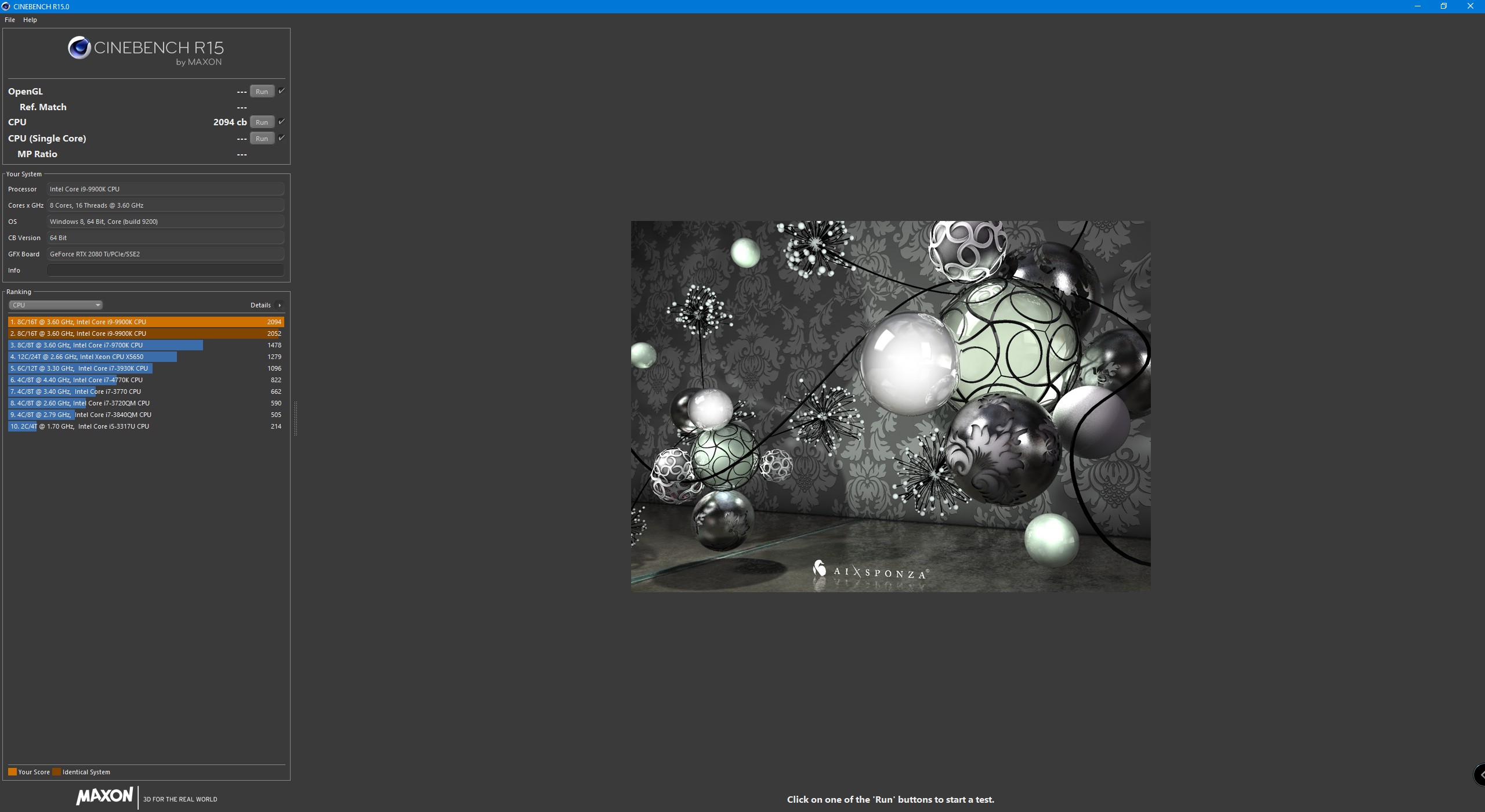
I9 [email protected], 3D MARK FSE, physics score is 24129 points, the graphics card is 18789 (ASUS ROG STRIX 2080TI O11G)
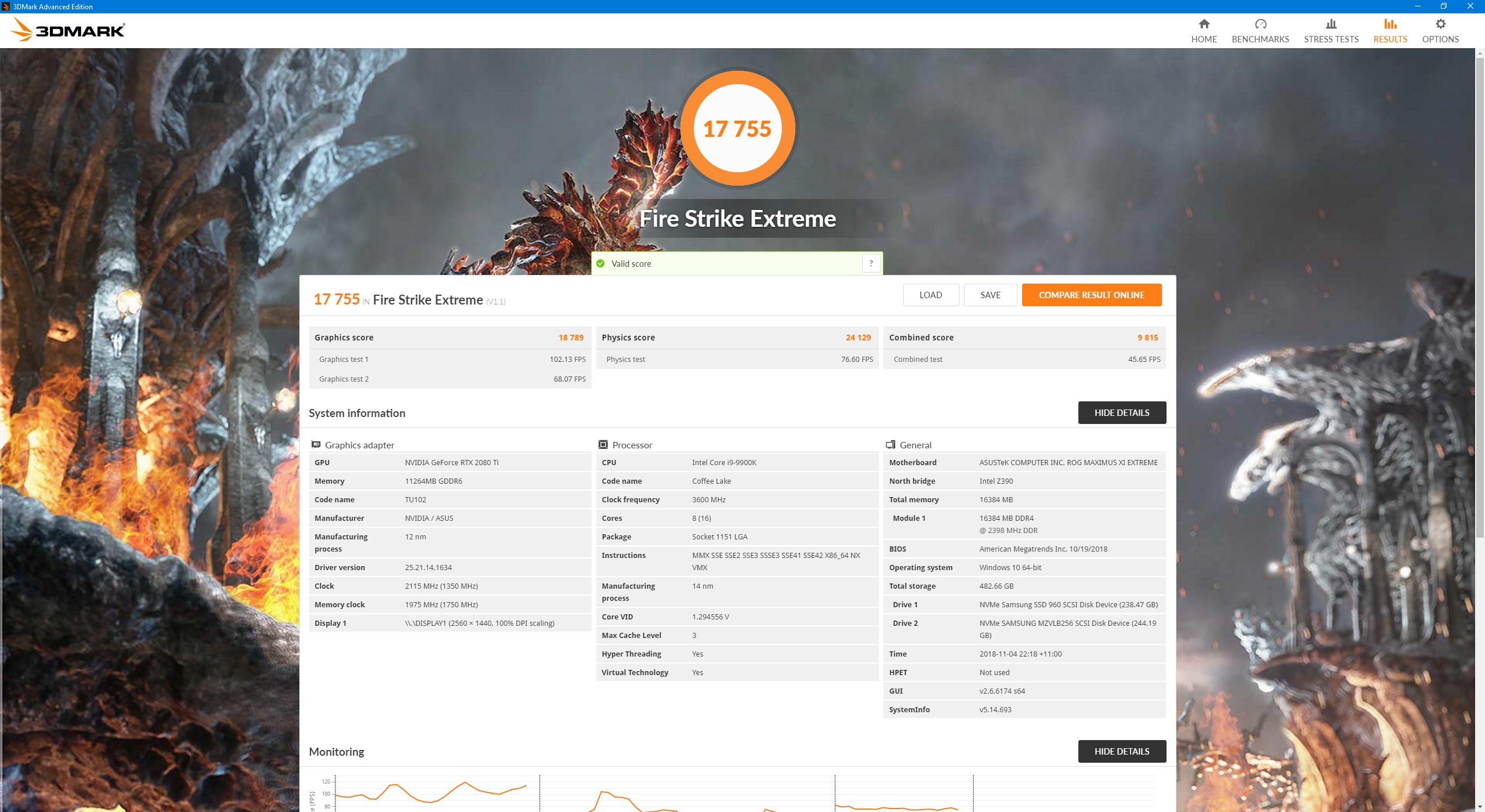
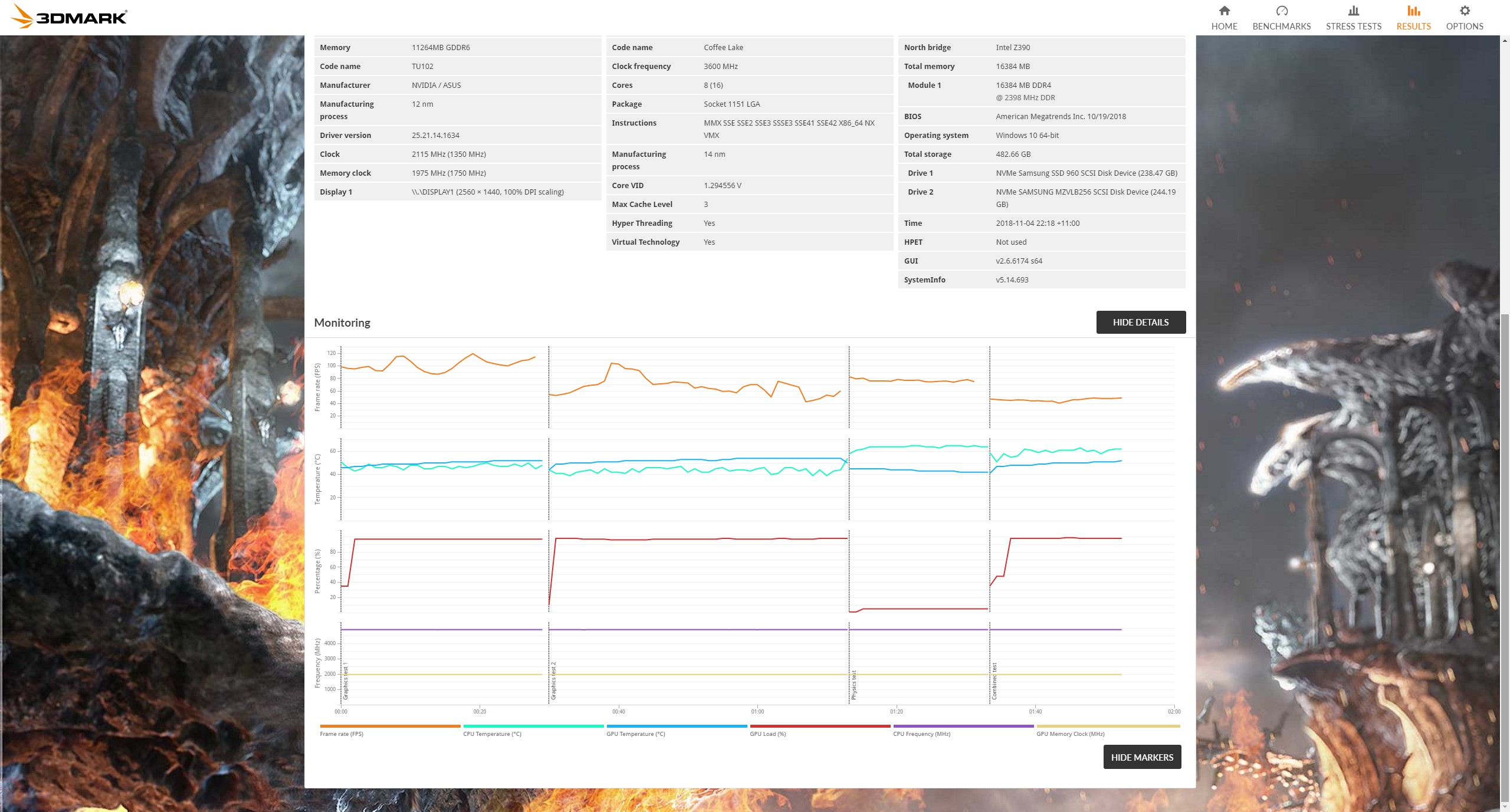
I9 [email protected], 3D MARK FSU, physics score is 24098 points, the graphics card is 9223 (ASUS ROG STRIX 2080TI O11G)
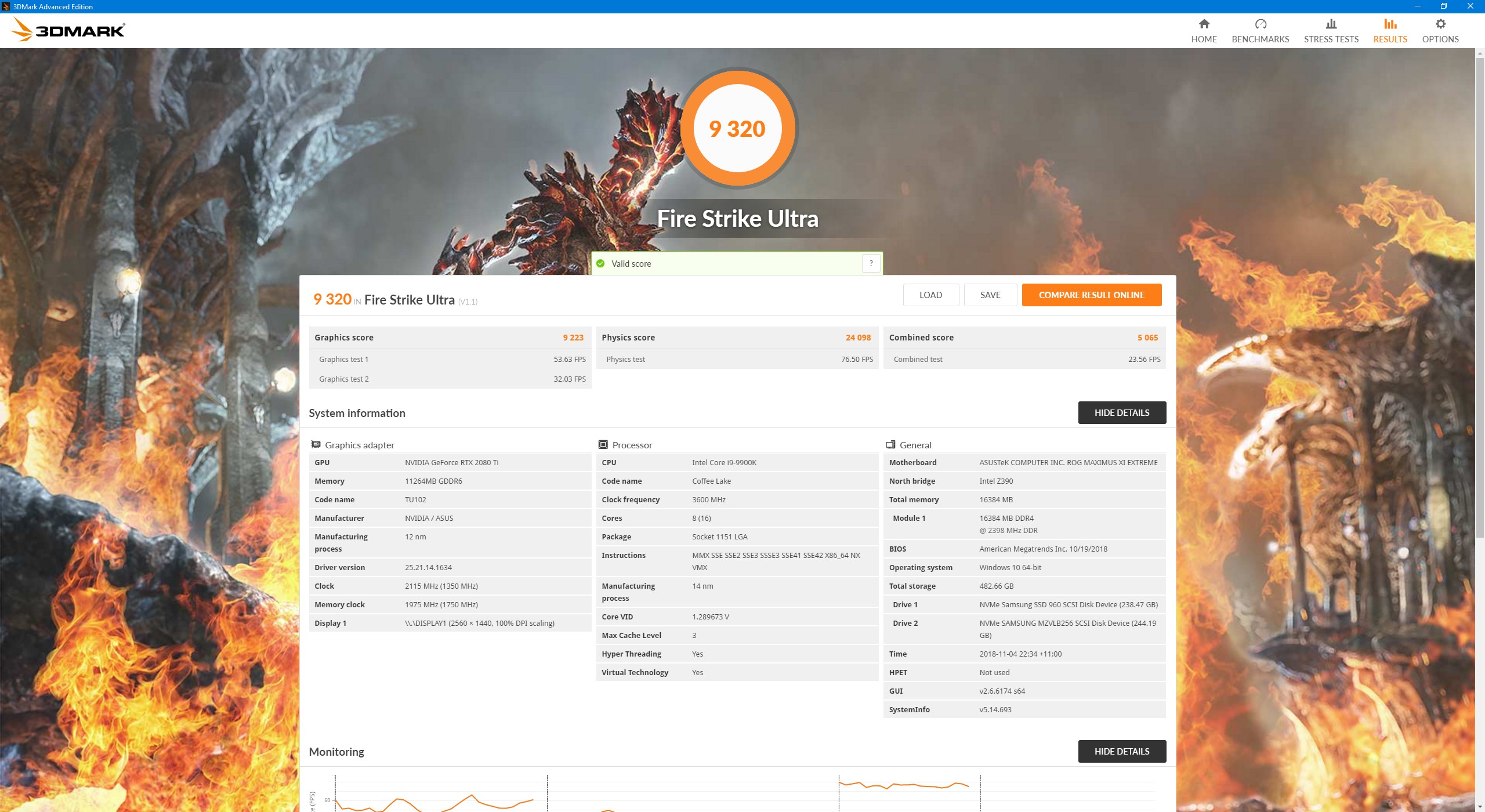
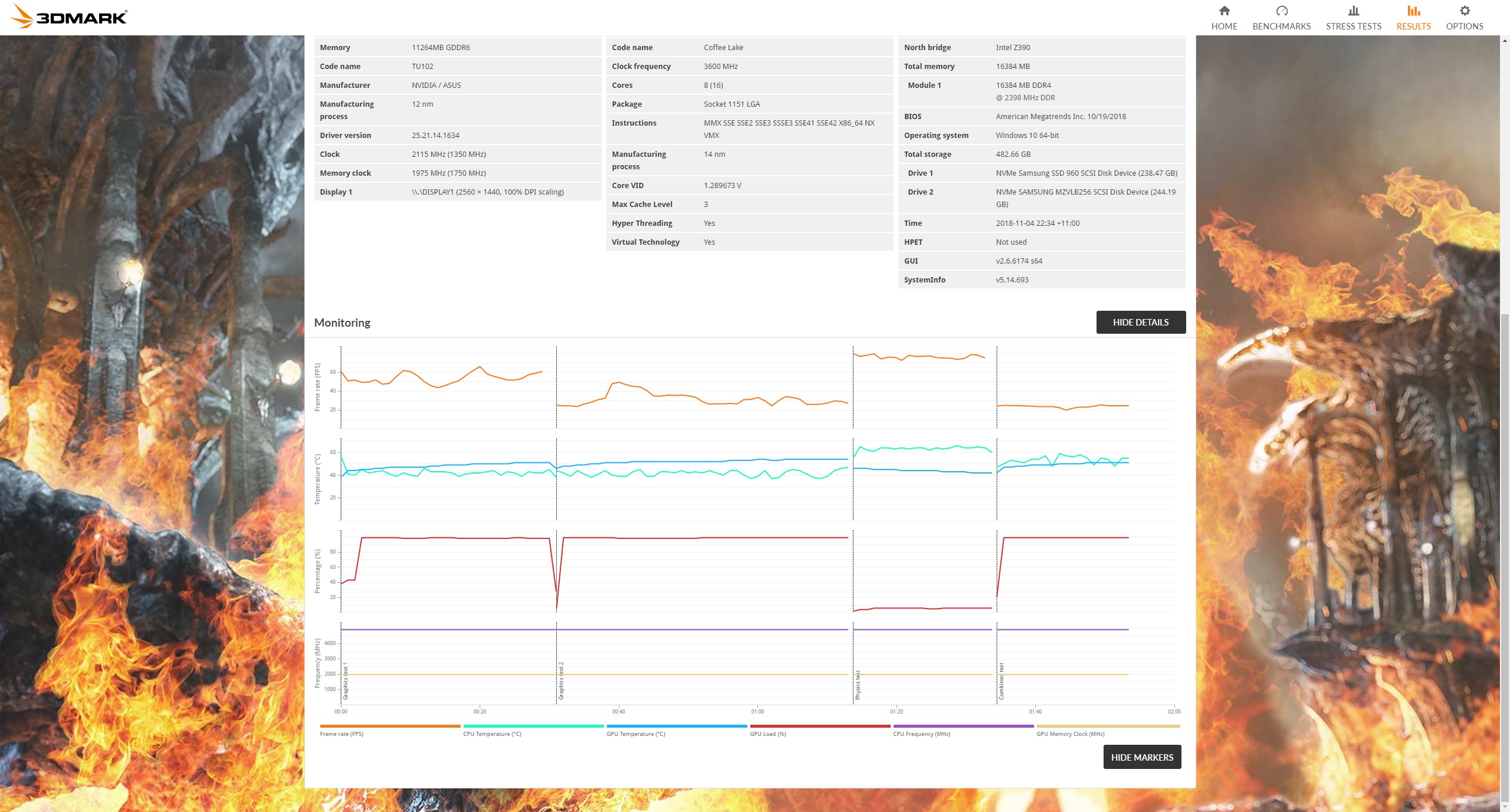
Overall
After a bunch of tests, the i7 9700K, i9 9900K and i7 8700K have the same single-core frequency performance, the theoretical multi-threading gap of the i9 9900K which has an extra 2 cores 4 threads over the i7 8700K, offers a performance bump of about 33%. In gaming performance, there is basically no difference between the three CPUs. Unfortunately, the potential of overclocking performance is not as good as the i7 8700K and i7 8086K.
If the CPU is being utilised for a small workstation, the reasonable price of the i9 9900K is definitely an excellent choice to replace the i9 7900X. Even with the i7 8700K, the extra 33% of theoretical performance is a big improvement for rendering. However, pure game users do not have to choose the i9 9900K, the i7 9700K is definitely a better choice.
INTEL ARK FOR I7 9700K:
https://ark.intel.com/products/186604/Intel-Core-i7-9700K-Processor-12M-Cache-up-to-4-90-GHz-
INTEL ARK FOR I9 9900K:
https://ark.intel.com/products/186605/Intel-Core-i9-9900K-Processor-16M-Cache-up-to-5-00-GHz-


